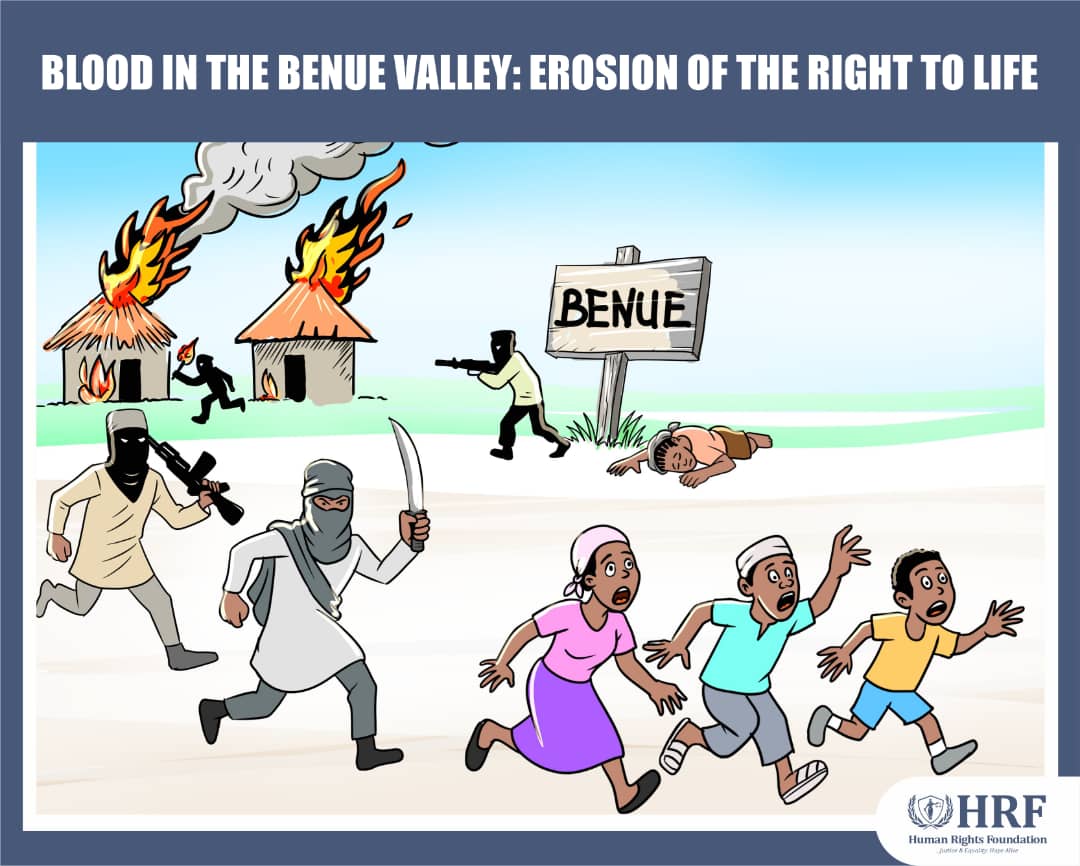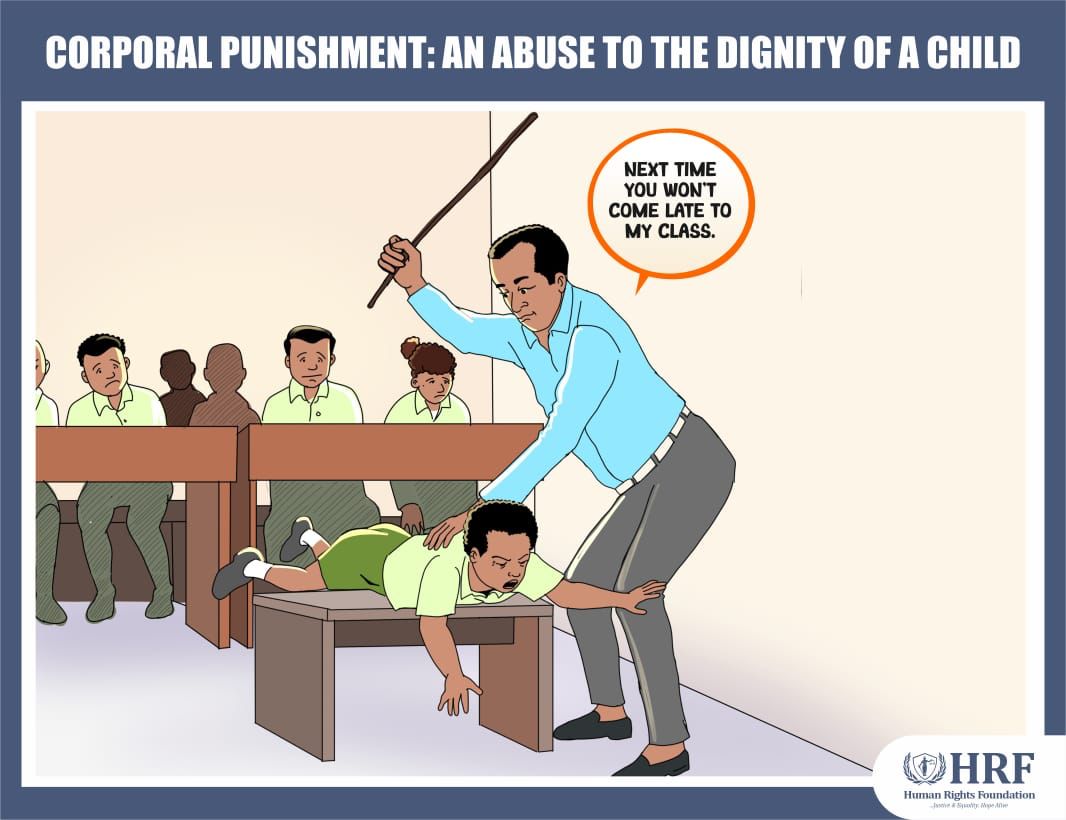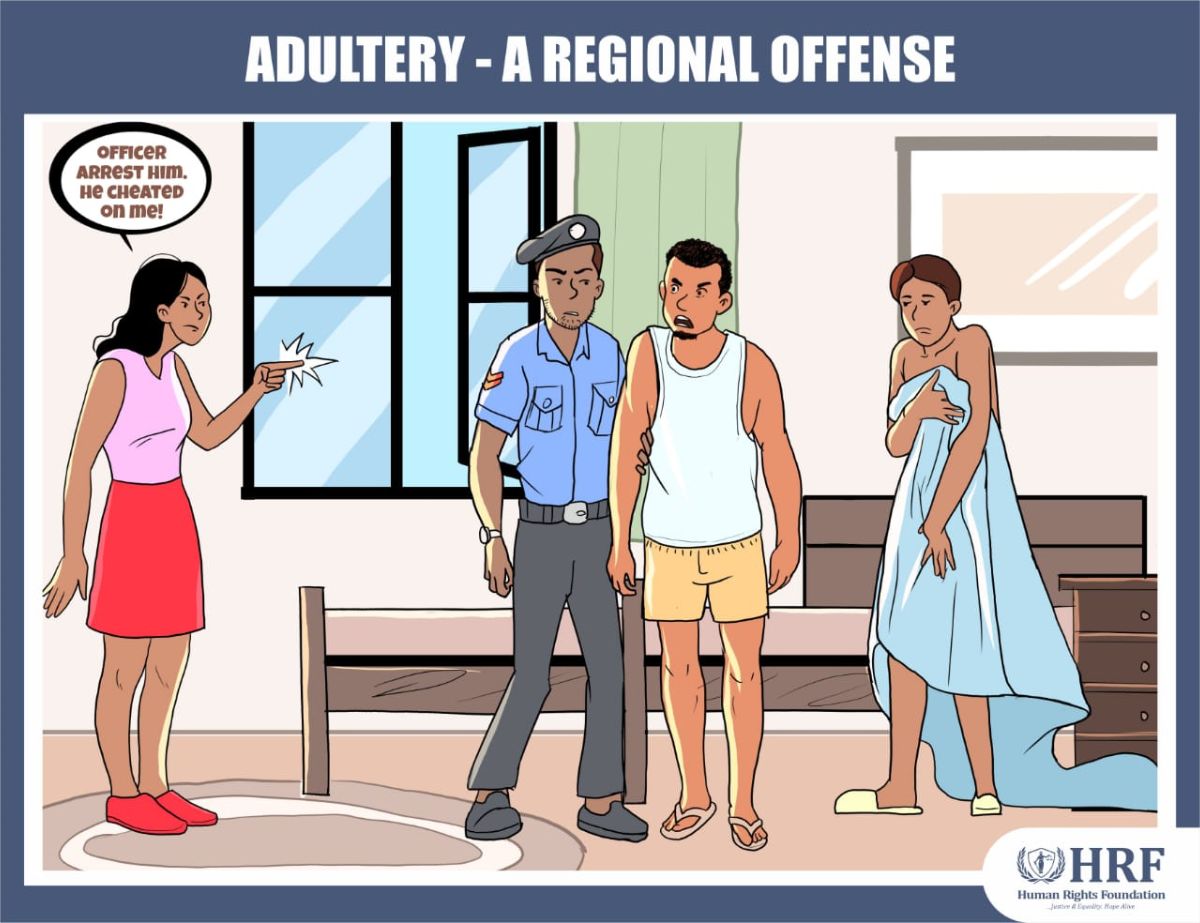
On June 1, 2025, terror swept through Benue State, Nigeria, as armed assailants suspected to be herdsmen launched coordinated attacks on Tyolaha, Tse-Ubiam, Ahume, and Aondona communities, reported The Sun. More than 42 civilians were slaughtered, their only crime being that they lived on fertile land. Children, women, and elderly persons were not spared. Homes were razed, silence followed, then, as always, impunity.
This is not a security lapse; it is a constitutional failure.
Section 33(1) of the 1999 Constitution of the Federal Republic of Nigeria (as amended) affirms that “every person has a right to life, and no one shall be deprived intentionally of his life…”. Section 14(2)(b) further declares that “the security and welfare of the people shall be the primary purpose of government.” When citizens are killed in peacetime, in their own homes, and the State offers neither protection nor justice, both provisions stand violated.
The Nigerian government cannot escape liability under the doctrine of positive obligation. It is not enough to refrain from killing; the State must take reasonable steps to prevent foreseeable threats to life by non-state actors. This principle was cemented in Velásquez Rodríguez v. Honduras (1988) IACHR Series C No. 4, where the Inter-American Court held that a State bears responsibility for failure to prevent, investigate, and punish violations of human rights by private individuals.
That doctrine applies with brutal clarity here.
Despite the existence of an anti-open grazing law in Benue since 2017, enforcement remains cosmetic. killings continue, communities are under siege, and no meaningful prosecutions follow. Justice retreats.
It is time to move beyond condemnation and demand constitutional accountability.
Recommendations
1. Immediate constitution of an independent panel of inquiry into the killings.
2. Prosecution of perpetrators under terrorism and criminal laws.
3. Full enforcement of the anti-open grazing law.
4. Compensation and relocation support for affected families.
5. Permanent military/security deployment in high-risk zones.
As Justice Chukwudifu Oputa once said, “Justice is not a cloistered virtue… it must be rooted in the social context.” In Benue, justice is gasping for breath. Let it not die with the dead.
The government must act, not with rhetoric, but with resolve. Justice must flow like a river, even in the valleys of Benue.



.jpg)
0 Comments